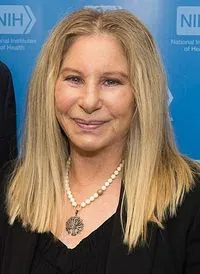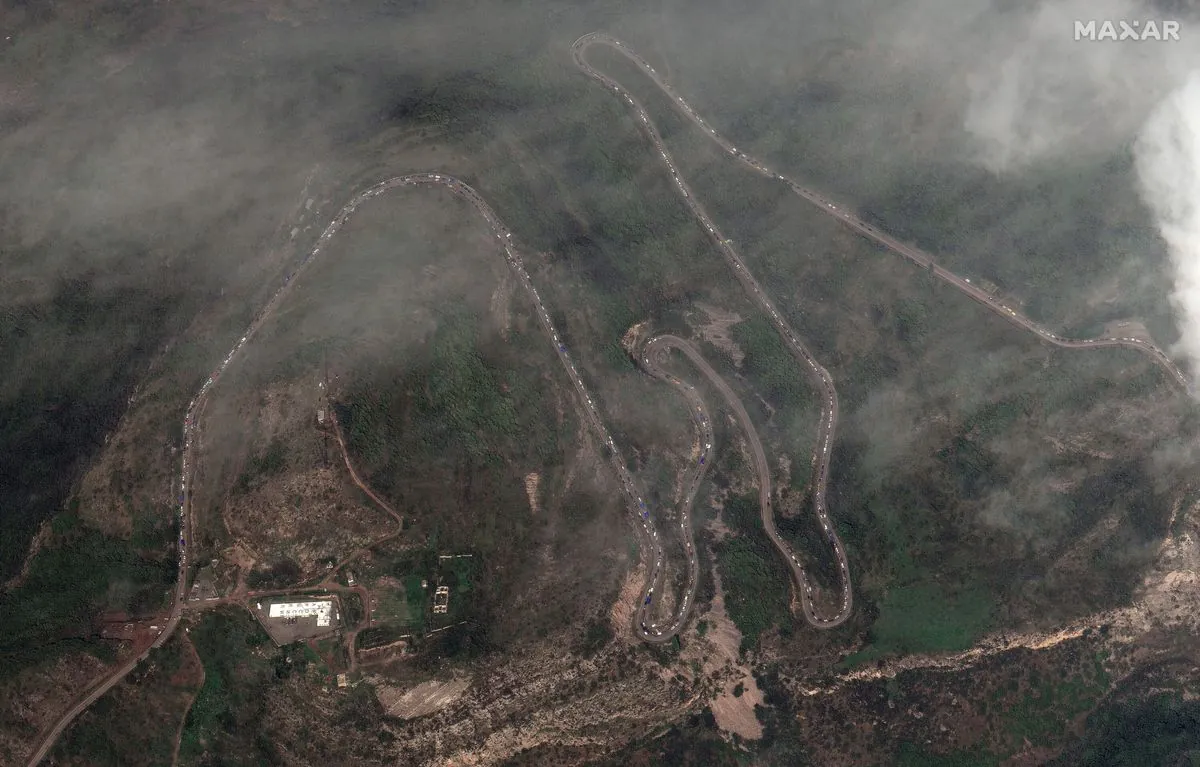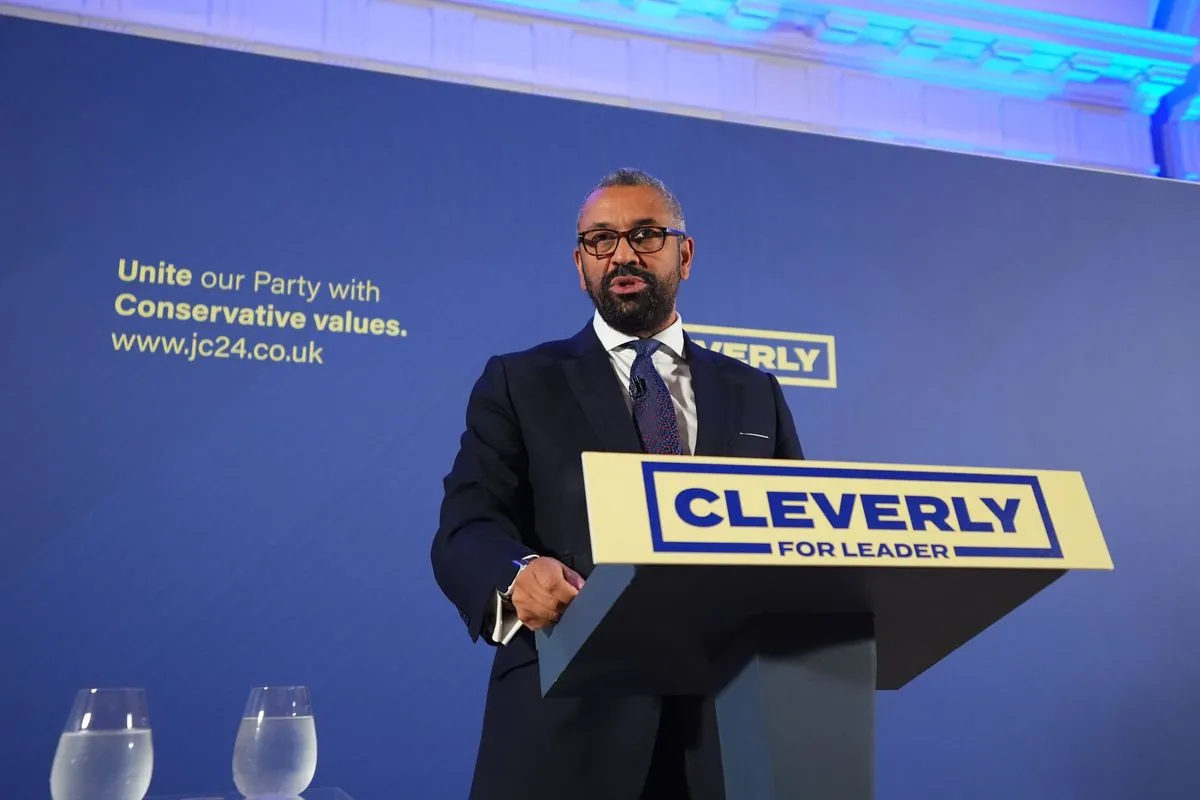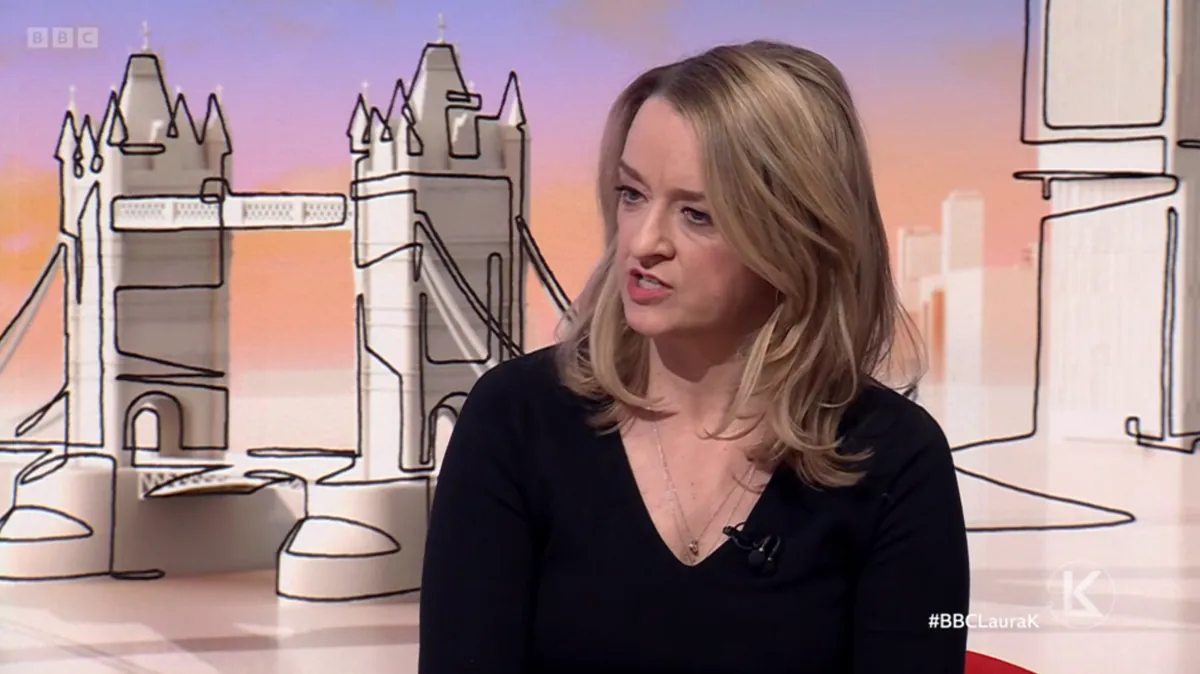Far-Right FPÖ Leads in Austrian Elections, Faces Coalition Challenges
Austria's FPÖ party leads in exit polls with 29% of the vote. Coalition formation may prove difficult due to controversial leader Herbert Kickl. The election results could reshape Austria's political landscape.
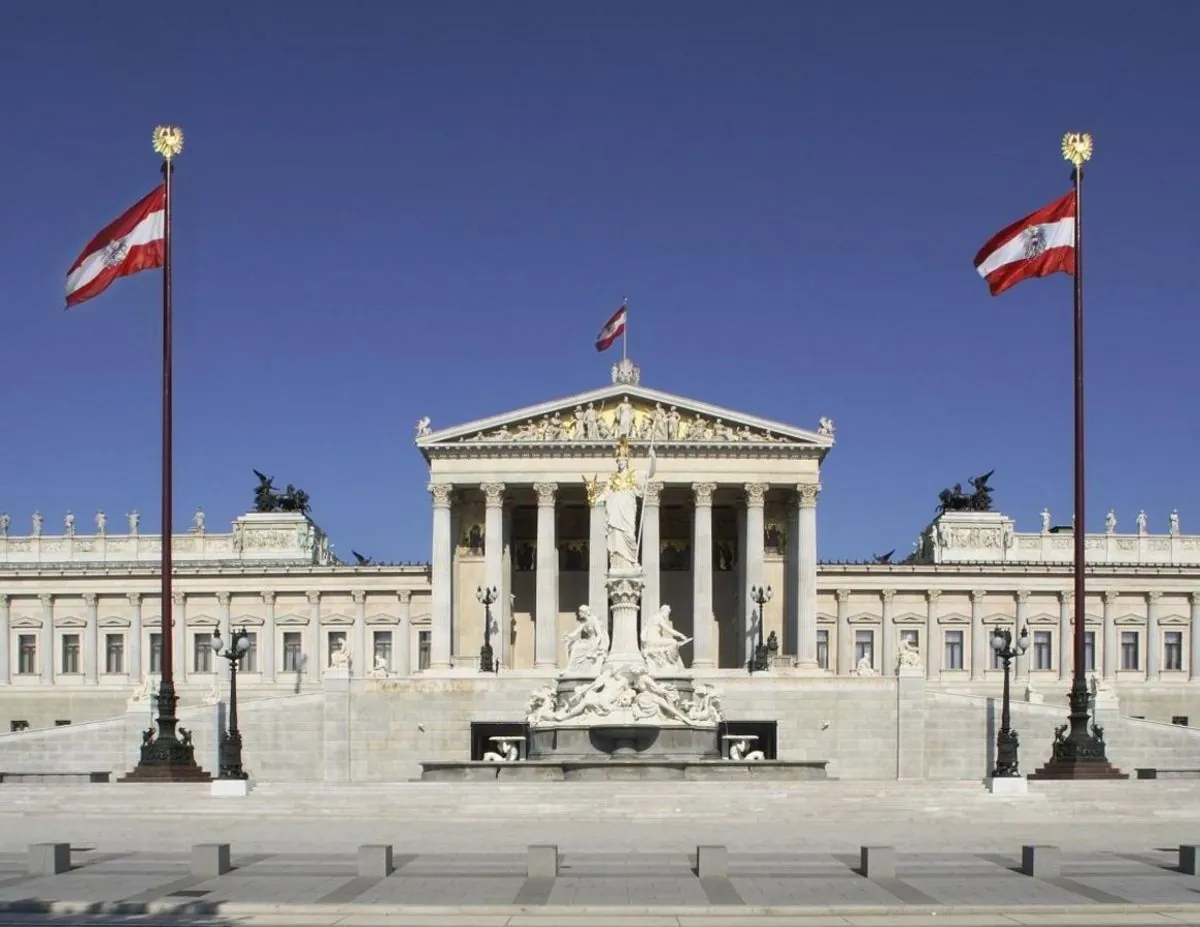
On September 29, 2024, Austria held its national elections, with exit polls indicating a significant shift in the country's political landscape. The Freedom Party of Austria (FPÖ), led by Herbert Kickl, emerged as the frontrunner with 29% of the vote, potentially marking a historic moment in Austrian politics.
The center-right Austrian People's Party (ÖVP), under the leadership of Chancellor Karl Nehammer, secured the second position with 26% of the vote. This outcome presents a complex scenario for coalition formation, given the controversial nature of the FPÖ's policies and leadership.
Herbert Kickl's FPÖ has campaigned on a platform of strict immigration control and euroscepticism. The party's proposed "remigration" policy aims to:
- Deport asylum seekers, particularly those with criminal records
- Restrict family reunification for migrants
- Enhance border security measures
The FPÖ's stance on international affairs has also drawn attention. The party advocates for:
- Withdrawal from the EU Sky Shield air-defense initiative
- Maintaining strict neutrality in foreign conflicts
- A sympathetic approach towards Russia

These policy positions reflect Austria's complex history and geopolitical situation. As a landlocked country in Central Europe with a population of about 9 million, Austria has long balanced between East and West. The country remained neutral during the Cold War and has been an EU member since 1995.
The potential rise of the FPÖ to power raises questions about Austria's future direction. Founded in 1956 by former Nazi Party members, the FPÖ's ascendancy could impact Austria's stance on issues such as immigration, EU integration, and international relations.
Coalition formation may prove challenging. Karl Nehammer has stated that he would not form a coalition with the FPÖ unless Herbert Kickl steps aside as chancellor candidate. This stance is partly due to Kickl's controversial 2018 remark about "concentrating asylum seekers in one place," which many interpreted as an allusion to Nazi concentration camps.
The election results come at a time when Austria, known for its high standard of living and rich cultural heritage, faces various challenges. The country's strong tradition of social welfare policies and environmental protection may be tested under a potential FPÖ-led government.
As Austria navigates this political shift, the impact on its diverse society remains to be seen. With German as its official language and a unique form of Austrian German, the country has a long history of multiculturalism and immigration. The FPÖ's policies could significantly alter this landscape.
The coming weeks will be crucial as parties negotiate to form a government. The outcome will not only shape Austria's domestic policies but also its role within the EU and on the global stage.
"We aim to turn our country into 'Fortress Austria' and prioritize the interests of our citizens above all else."
As Austria faces this potential political transformation, it does so against the backdrop of its rich history and cultural significance. From its Alpine landscapes to its renowned coffee house culture and contributions to classical music through composers like Mozart and Beethoven, Austria's identity extends far beyond its political sphere.
The election results and subsequent coalition negotiations will undoubtedly be closely watched, both within Austria and across Europe, as they may signal broader shifts in European politics and policy-making.














